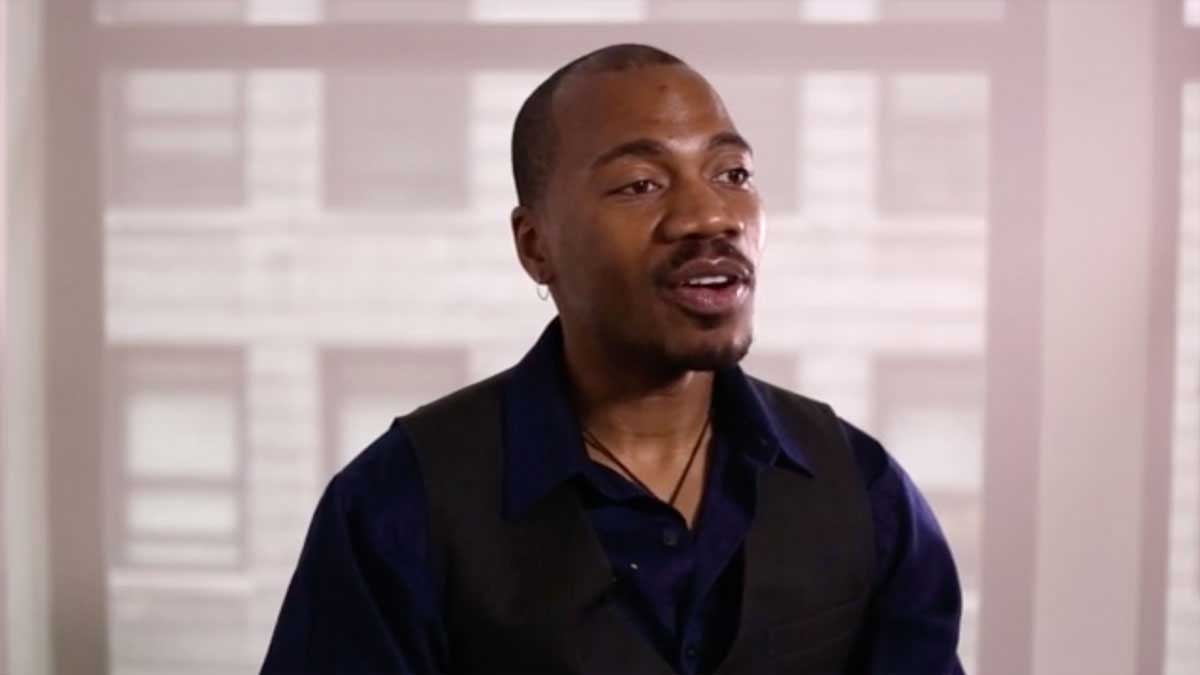A commitment to students is an obvious part of a good teacher’s professional approach. But what about loving discernment? Openness? Transformation? David Kirkland, associate professor of English education, details the sometimes-unexpected qualities he believes help teachers rise above the ordinary and actively engage their students in learning and in life. Here’s an edited transcript of the video.
Questions like “What makes a good teacher?” are questions that I typically hate. But I’m going to answer that question anyway because I think there is an answer to it.
The reason I hate the question is because I think “What makes a good teacher?” is broad. And what makes a good teacher for one student may not be what makes a good teacher for another student.
A strict, stern teacher may be very good for Jimmy, but not so for Sarah. A gentle, less-structured teacher may be a great thing for Rachel, but may not be so great for David. David may need somebody who’s a little different.
But I think a characteristic, a broad characteristic, that all teachers who are effective in what they do, what they have, is a commitment to students.
Your commitment says that student is capable of learning. We don’t stigmatize expectation based on race, based on gender, based on social economic status, based on sexuality, based on ability. We don’t stigmatize.
We start off, because we’re teachers, we believe in you. And that’s the baseline in all good teaching. It’s that I believe in these bodies. I believe in their potentiality. I believe in their ability to learn.
The other thing is, I care. And my pedagogy is shaped based on that care. And based on that love.
And care manifests itself in various ways. Sometimes, care takes the form of being stern.
“You weren’t in class yesterday, and I’m worried about you. You need to be here.” Or, it’s less stern. And the teacher knows – the caring, loving teacher knows the difference: “You weren’t in class yesterday. And if you need time, you know, let me know, and we can make some concessions.”
The loving teacher knows the difference. Because in that love, the manifestation of it will be translated through that loving discernment.
I think the other thing that the good teacher does: The good teacher is always open. Just open, open to learn from the environment of her students. She’s an ethnographer. She listens. She understands. She’s constantly learning, and updating herself so that she can be amenable to textures, and flexibilities, and new cultures that generation brings.
She’s also open to sharing space and authority with students. She’s not the expert. She’s the facilitator of knowledge. She knows how to create opportunities and spaces. She knows how to create relationships, and relational models that invite the type of dialogue that leads to learning. That’s what she does.
What our students will appreciate 20 years from now isn’t the same as what our students will appreciate today. The different proximities that we’ll need are different; the contents change. But her skill is understanding that she needs to appreciate what they appreciate, so she’s always a learner.
She’s open to that. But what she knows how to do is take whatever that content is, use it in that space in order to facilitate transformation. And that transformation, cognitive transformation, is what we call learning. A good teacher knows how to do that stuff.
I think there’s probably some other qualities of a good teacher, but I think those are my favorite.
